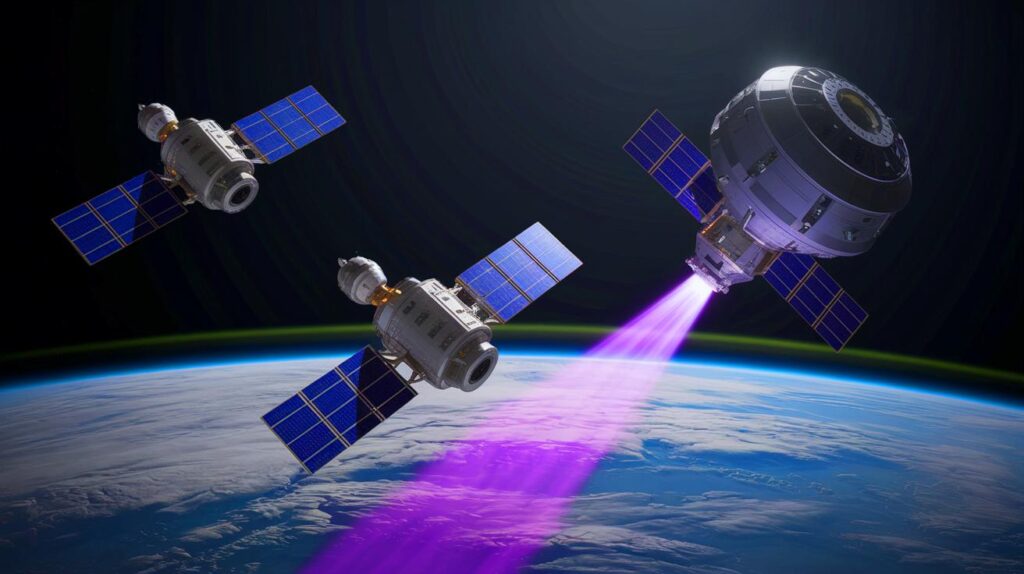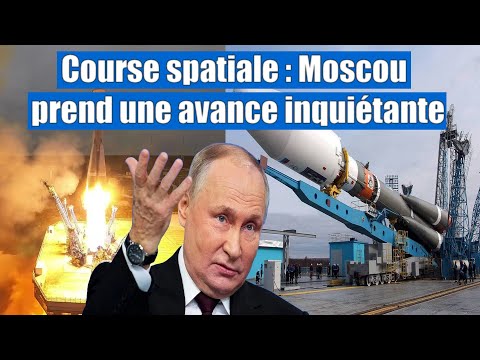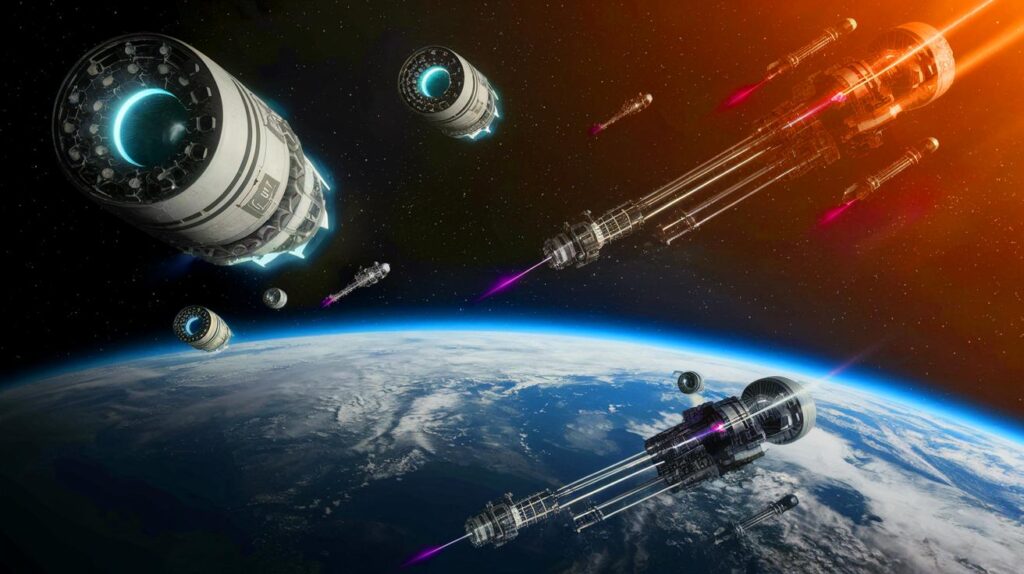| In Brief |
|
Since the beginning of 2025, global specialists and enthusiasts have turned their attention to space due to the deployment of three mysterious Russian satellites. These vehicles, Kosmos 2581, 2582, and 2583, were launched from the Plesetsk launch site, but their mission remains a mystery. The situation became even more intriguing on March 18, when an unidentified object detached from one of the satellites, sparking numerous speculations and theories. What secrets do these satellites hold, and what implications might this have for the international community?
The Launch of Russian Satellites into Orbit
On February 2, 2025, Russia launched three satellites, Kosmos 2581, 2582, and 2583, using the Soyuz-2.1V rocket. This launch took place from the Plesetsk launch site, located 800 kilometers north of Moscow. Although the exact function of these satellites remains unknown, their orbit is particularly noteworthy. Positioned 585 kilometers above the Earth, they follow a so-called “quasi-polar” trajectory. This configuration intrigues experts due to its potential to perform close operations with other space objects. Jonathan McDowell, a renowned astrophysicist, suggests they may be designed to operate near specific objects in space. This mission, shrouded in mystery, fuels theories and speculations about their true objectives.
No Official Comment from Russia
Despite the growing interest in these satellites, Russia has not provided any official explanation for their mission. Meanwhile, the U.S. Space Force detected a new object in orbit, possibly released by one of the satellites on March 18. This mysterious object is now attracting significant attention. Hypotheses abound regarding its nature and function. Among the possibilities raised are military experiments, satellite inspections, or tests of new docking technologies. However, it could also simply be debris resulting from an unforeseen fragmentation. This uncertainty only intensifies the curiosity and concern surrounding these events.
A Recurring Phenomenon in the Space Realm
While the simultaneous launch of three satellites may seem exceptional, it is not an isolated case. The United States and China have also conducted similar launches, particularly for electronic reconnaissance missions. The challenge remains to determine why the Kosmos 2581, 2582, and 2583 satellites were sent into space. The use of the term “Kosmos” to designate these satellites is not new. Since 1962, the Soviet Union, and later Russia, have employed it for numerous military and scientific satellites. Some of these satellites were part of declared military programs, while others operated under a veil of secrecy, thus fueling further speculation regarding their true objectives.
Implications and Future Perspectives
This series of events prompts reflection on the geopolitical and technological implications of these launches. The appearance of an unidentified object, coupled with Russia’s silence, could signal a new era in space exploration and exploitation. The stakes extend beyond mere scientific curiosity, touching on aspects of national security and advanced technology. Future developments regarding these satellites and the detached mysterious object will be closely monitored by experts worldwide. This situation encourages us to ponder future evolutions in the space domain and the new dynamics they may introduce.
As eyes turn skyward, the question remains: what secrets does space still hold for us, and how will humanity respond to these unexpected discoveries?








